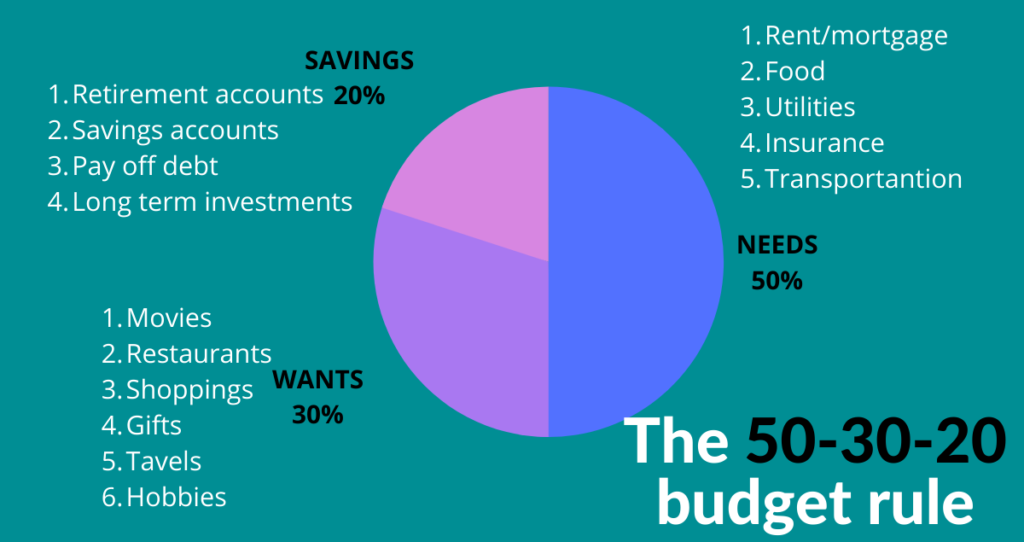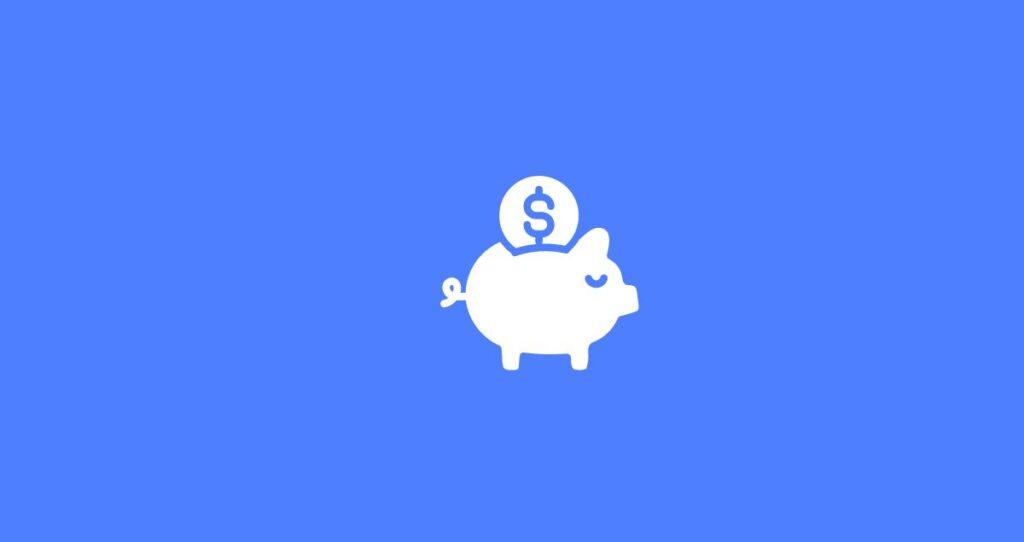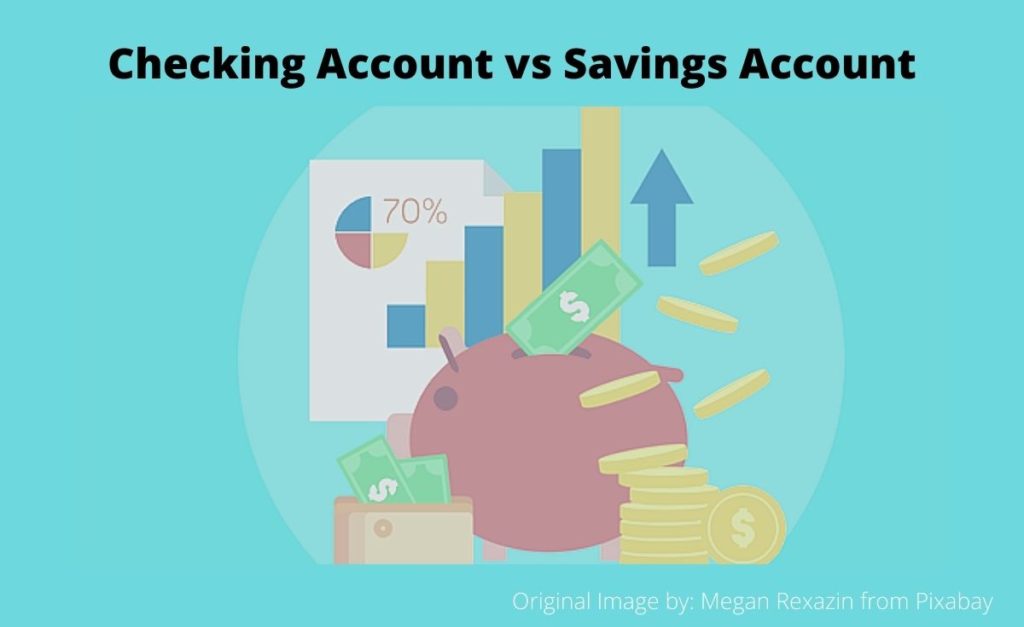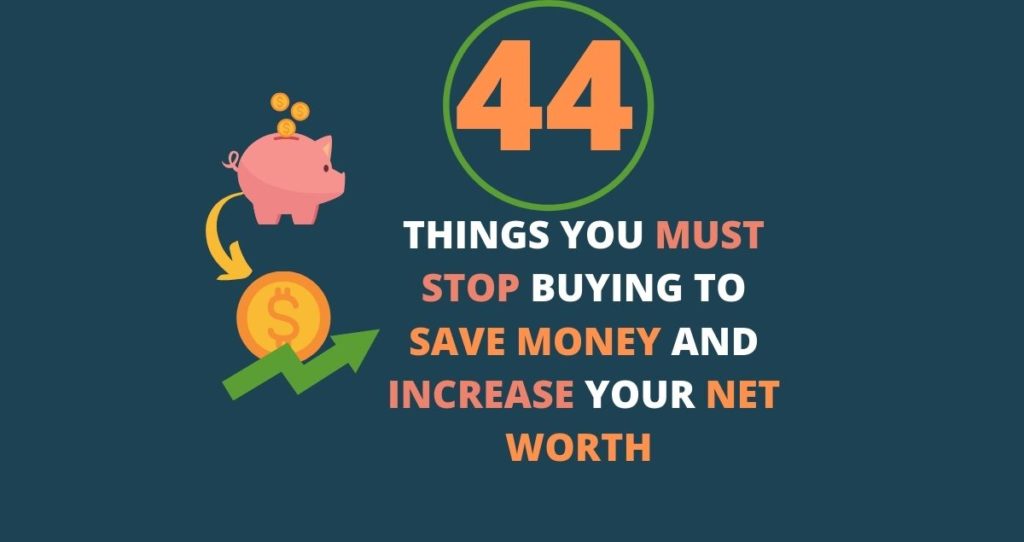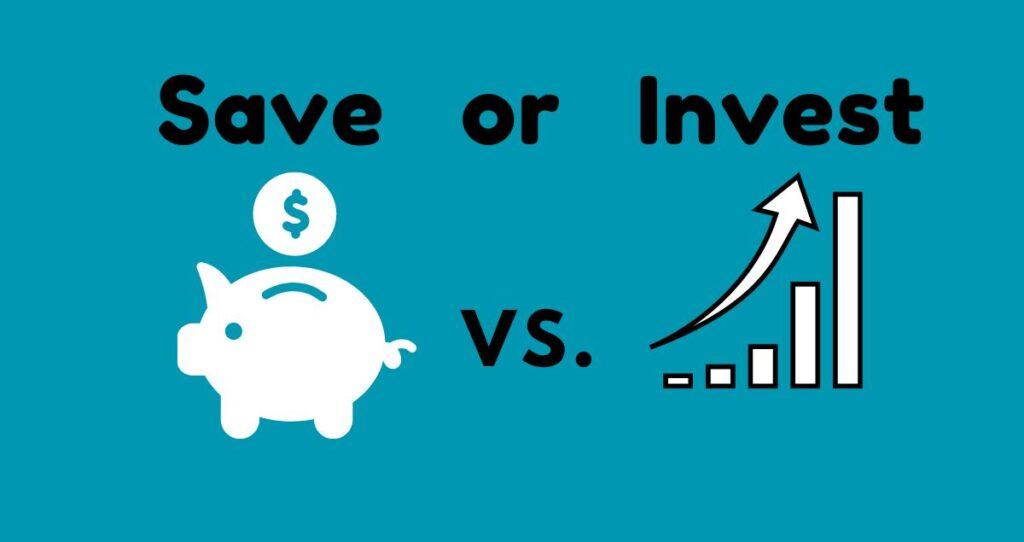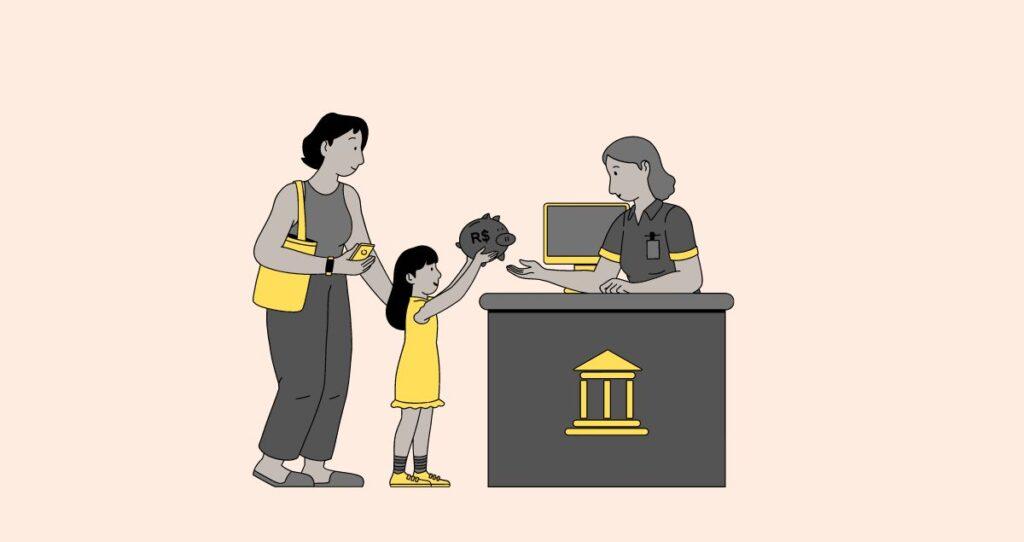Buying a home is often considered one of the biggest investments a person can make. With the excitement of a new property also comes a lot of financial responsibilities. It’s crucial to consider your budget and find ways to save money in the process. Luckily, we’ve compiled a comprehensive guide with 11 tips to save money when purchasing a home. From negotiating with sellers to being realistic with your budget, and improving your credit score to qualify for lower rates, this guide has got you covered.
Before you purchase your first home, it is important to know that your home becomes more expensive after buying it. The cost of maintaining a home can easily exceed what most people pay for rent in some cases due to overhead costs. These costs include but are not limited to property tax, homeowners insurance, utility bills, HOA fee, and maintenance. On top of these costs, you also have to pay interest charges on your mortgage and the principal amount.
To properly save money when purchasing a home, you need lower your upfront costs as well as long-term expenses. The tips to save money when purchasing a home we have covered in this article will help you save money on upfront costs but also minimize your long-term home expenses.
Without further ado, the following are practical tips to save money when purchasing a home.
1. Be realistic with your budget
One essential aspect to keep in mind when purchasing a home is to be realistic with your budget. You must consider not only the purchase price of the property but also the additional costs that come with it, such as taxes, insurance, and maintenance. It’s easy to get carried away with the excitement of finding your dream home, but it’s crucial to stay within your budget to avoid financial stress down the road. Purchasing a home is not what makes a home expensive. The cost of keeping it is what makes it harder for millions of people and lead to foreclosures and bankruptcies.
It is crucial to know where you stand financially before you buy a home. The biggest question you need to answer is: How much home can I afford to buy and maintain? To answer this question, you need to look into your budget and evaluate all expenses you have compared to your income. Besides making your mortgage payments, you also need to eat, pay for your kid’s memberships, and cover utility bills, phone bills, entertainment, and much more.
The home you can afford to buy should allow you to cover your monthly payments and other expenses without putting strain on your finances and emotional state. That is why to save money when purchasing a home, have a budget of your own and decide the highest amount you can spend before you even get pre-approved for a mortgage. This will prevent you from spending more in case the bank approves you for more money.
2. Get pre-approved for a mortgage
To save money when purchasing a home, you need to get pre-approved for a mortgage which is one of the most important to take. Being pre-approved gives you a clear idea of what you can afford and will help you narrow down your options. It also helps you avoid surprises down the road. You don’t want to fall in love with a home and later learn that the bank can only approve you for less than it costs. This is a big mistake millions of people make every single day. Keep in mind that the pre-approval process involves a deep dive into your credit history and finances. So, it’s crucial to prepare beforehand to ensure you qualify for a suitable mortgage.
Avoid lenders with a prepayment penalty
You should also shop around and get quotes from multiple lenders to make sure that you get the lowest mortgage rate with favorable terms. Again, better terms give you wiggle room in your mortgage payments down the road and can save you money when buying a house. For example, some lenders have a prepayment penalty which is a fee you pay when you pay more than the bank allows in a given period. Other lenders don’t have a pre-payment penalty. So, finding a lender without a prepayment penalty can allow you to pay off your home faster without being penalized for it. More on mortgage terms and rates will be discussed later in this post.
Search for homes based on your own budget instead if your preapproved amount is higher than your budget
Another critical aspect of saving money when purchasing a home is to compare your own budget with what the bank preapproved you for. The bottom line is to never spend more than you can afford. That is even if the bank approved you for more money than you need, you don’t need to increase your budget. This is a big mistake. For example, if your budget is $300,000 and the bank preapproved you for $500,000, you should not increase your budget to $500,000. Never ever spend all the money the bank approved you for when it exceeds your budget. That is how you save money when purchasing a home. By doing so, you will be buying a home you cannot afford which will cost you a ton of money down the road.
By being realistic with your budget from the start and obtaining pre-approval for a mortgage, you’ll be better equipped to make informed decisions when it comes to purchasing a home. This will help you avoid any unnecessary financial burdens in the future.
3. Shop around for the best rates and deals
Once you’ve obtained pre-approval for your mortgage, it’s important to consider all of your options by shopping around for the best rates and deals. This includes researching different lenders and comparing their offerings to ensure you’re getting the best possible deal. While it may seem time-consuming, taking this step can save you thousands of dollars over the life of your mortgage.
Make sure to ask questions and clarify any confusing terms or conditions before committing to a mortgage. Don’t be afraid to negotiate with lenders to secure better rates or terms. Remember, every dollar saved in interest rates can make a significant difference in your monthly mortgage payments and lower the cost of your house.
Related: How to get the lowest mortgage rate?
4. Consider a fixer-upper
One of the best ways to save money when purchasing a home is to buy a fixer-upper. I know most homebuyers want to get their dream homes on their first purchase. But, dream homes come at a huge cost and millions of people end up having financial stress due to purchasing their dream homes before they can afford them. If you want to save money when buying a house, a fixer-upper could be a great option for saving money on the initial purchase.
The fixer-upper will also give you the opportunity to make renovations and improvements to your liking when you have the financial means to make those renovations. Keep in mind that a fixer-upper will require additional time, effort, and money to make it livable. However, if you’re up for the challenge and willing to put in the work, a fixer-upper can be a great investment and a smart way to save money on your home purchase.
Before committing to a fixer-upper, do your research and make sure you understand exactly what work needs to be done and how much it will cost. Get a thorough inspection and ask questions to ensure you have a clear understanding of the property’s condition. Remember, the goal is to save money, not take on more expenses than you can handle.
If you decide to pursue a fixer-upper, consider enlisting the help of a contractor or experienced DIYer to assist in the renovation process. With their expertise, you can ensure that the work is done correctly and efficiently.
5. Negotiate with the seller
When it comes to purchasing a home, negotiation is key. It’s important to remember that everything in the home-buying process is negotiable, including the price of the home. If you’ve done your research and have a good understanding of the value of the property, you can negotiate with the seller to get the best possible price. Never pay the asking price without negotiating. Also, never get involved in the bidding game and end up paying much higher than the asking price or Fair Market Value(FMV) of the property.
One tactic that can be particularly effective when negotiating with a seller is highlighting any issues or repairs that need to be done on the property. For example, if the roof needs to be replaced or the HVAC system is outdated, you can use these factors to negotiate a lower price. By taking on some of the repairs and renovations yourself, you can reduce the overall cost of the home and save money in the process.
Another important factor to consider when negotiating with the seller is your own financial situation. If you have a pre-approved mortgage letter and are able to make a larger down payment, this can be an advantage in negotiations. By demonstrating your financial stability, you show the seller that you’re a serious buyer who is able to close the deal quickly.
Ultimately, the key to successful negotiation is to be confident and prepared. Know your budget and be prepared to walk away if the deal isn’t right. By negotiating effectively, you can secure a great deal on your dream home while also saving money at the same time.
When purchasing a home, there are many costs that buyers need to consider. Some of these costs are obvious, such as the down payment, mortgage payments, and property taxes. However, there are also hidden fees that are easy to overlook, and they can add up quickly, putting a strain on your budget.
One of the most common hidden fees when purchasing a home is closing costs. These costs typically include things like appraisal fees, title searches, attorney fees, and other fees associated with closing the sale. While these costs may seem small, they can add up to thousands of dollars. So, it’s essential to budget for them as well.
Another hidden cost that buyers often overlook is home insurance. Many lenders require homebuyers to purchase insurance before closing on the home, and the cost can vary significantly depending on the location and value of the property. The insurance and property taxes are usually kept in the escrow account created by your mortgage servicer to make sure that they are paid on time.
By being aware of these hidden fees and planning for them, you can avoid any surprises and keep your budget on track.
You might also like: What are the upfront costs in real estate?
7. Have a large down payment to lower the principal
Having a large down payment is probably one of the best ways to save money when purchasing a home. Having a large payment will benefit you in many ways. First, the down payment reduces the amount of your mortgage principal. By lowering the principal amount of your mortgage, your interest payments will be lower, which makes your monthly payments affordable. Lower monthly payments mean that you can pay off your mortgage faster to further reduce the overall cost of your home.
Furthermore, a large down payment can also give you a better chance of securing a loan with more favorable terms. When you have a significant amount of money to put towards a down payment, lenders may view you as a lower risk, which can result in a lower interest rate. This, in turn, can save you thousands of dollars in interest payments over the life of your mortgage. Hence, saving you money on the home purchase.
Having a large down payment does require some upfront savings. But, the benefits of lower interest rates and overall savings in the long term can be well worth the effort. With careful planning and budgeting, you can make a substantial down payment toward your new home and reap the rewards of a more affordable mortgage.
Related: How to save for a down payment on a home?
8. Have a good credit score to qualify for a lower interest rate
Having a large down payment is not the only factor that can result in long-term savings when purchasing a home. Your credit score plays a significant role in determining the interest rate that you qualify for. A good credit score can lead to a lower interest rate, which will result in lower monthly mortgage payments. Pay less in interest charges will lower the cost of your home and save you dozens of thousands of dollars. By ensuring that you have a strong credit score prior to applying for a mortgage, you can maximize your chances of securing a favorable interest rate. For a conventional mortgage, you need at least a 620 credit score to qualify for the loan. But, this credit score is not enough to give you the lowest rate.
So, what credit score do you need to get the lowest rate on your mortgage? To answer this question, we will first discuss how lenders view borrowers based on their credit scores.
Categories of borrowers based on their credit scores
Lenders categorize borrowers in different categories based on their credit scores. According to the Consumer Financial Protection Bureau(CFPB), the following are categories of borrowers based on their credit scores.
- Super-prime (credit scores of 720 or above)
- Prime (credit scores of 660-719)
- Near-prime (credit scores of 620-659)
- Subprime (credit scores of 580-619)
- Deep subprime (credit scores below 580)
To qualify for the lowest interest rate when buying a house, you need to be in the highest category of borrowers which is the Super-prime category. That is your credit score should be at least 720 to qualify for the lowest mortgage rate. Different banks and lending institutions might make their own adjustments to these category ranges to fit their lending terms and conditions. But, having a credit score that is usually above 740 guarantees a lower interest rate on your mortgage.
If you have a bad credit score or you are classified among lower categories such as Deep subprime, Subprime, or near-prime, don’t even think about saving money when buying a home. Most lenders will not approve you for the loan, and if they do, you will pay a very high interest which will not justify the cost of buying the house.
Again, it is important to note that a lower credit score doesn’t necessarily disqualify you from obtaining a mortgage. However, it could result in a higher interest rate and ultimately cost you more in the long run. To avoid overpaying on your mortgage rates, take steps to improve your credit score such as paying bills on time, paying down outstanding debt, and fixing any errors on your credit report.
Having a good credit score and a substantial down payment can greatly increase your chances of obtaining a more affordable mortgage.
Related: How does a credit score affect a mortgage rate?
9. Avoid private mortgage insurance(PMI)
PMI, or Private Mortgage Insurance, is an additional cost that borrowers may have to pay if their down payment is less than 20% of the home’s purchase price. This insurance protects the lender in case the borrower defaults on the loan. However, PMI can add hundreds of dollars to your monthly mortgage payment and thousands of dollars over the life of your loan. To avoid PMI, aim for a 20% down payment or explore other options such as a piggyback loan or VA loan if you are a qualified veteran. By avoiding PMI, you can save a substantial amount of money on your monthly mortgage payment, allowing you to put more money toward paying off some of your debts, which we will discuss in the next section.
10. Pay off some of your debts to improve your DTI ratio
Paying off some of your debts can make a huge difference in how much you end up paying for your home. High levels of debt can hurt your credit score and increase your debt-to-income(DTI) ratio, making lenders less likely to offer you favorable terms on a mortgage. By paying off some of your debts, you can lower your debt-to-income ratio, which can make it easier to qualify for a mortgage and negotiate better terms. Most lenders prefer a DTI ratio that is under 28% but some lenders can approve you for a mortgage with a DTI ratio of as higher as 36%.
To start paying off your debts, you should first make a list of all your debts, including credit card balances, car loans, and student loans, and prioritize them based on interest rates and monthly payments. Start by paying off the debt with the highest interest rate first, while continuing to make minimum payments on other debts. Once you’ve paid off the highest-interest debt, move on to the next one on your list. This debt payment strategy is known as the Debt Avalanche Method and it is one of the most effective ways to pay off debt.
Another strategy to pay off your existing debts is to consolidate your debts into a single loan with a lower interest rate. This can simplify your payments and reduce the amount of interest you pay over time. You can also negotiate with your creditors to see if they are willing to lower your interest rates or offer alternative repayment plans.
By paying off some of your debts before buying a home, you can not only improve your chances of getting a favorable mortgage but also reduce the amount of interest you pay over time. This can free up more money for other expenses and help you achieve greater financial stability.
11. Avoid homes with HOA fees
An HOA fee or Homeowners Association fee is a fee charged by the Homeowners Association(HOA) to cover financing its services on the property. This fee is common in condos, townhouses, and other planned unit development(PUD)s. This fee usually covers the cost of maintaining common areas, such as patios, swimming pools, tennis courses, elevators, landscaping, lobbies, etc.
Depending on the area and the type of your home, the HOA fee can be a few hundred dollars or thousands every month. This fee can be charged monthly or quarterly depending on the terms of the association. If you want to save money when purchasing a home, you need to avoid properties that come with additional costs such as HOA fees. You probably don’t want to pay hundreds of dollars every month so that someone can mow your lawn or plow your snow. The HOA fee will always be there as long as you own the home. As a result, the cost of buying and owning your dream home will be higher due to these fees.
The bottom line
Purchasing a home can be a daunting task, but it’s possible to save money and make a smart investment by being strategic. Remember to budget realistically, shop around for the best rates, negotiate with the seller, and don’t overlook hidden fees. To save money when purchasing a home in the long term have a good credit score to secure a lower interest rate and sizeable down payments to lower your mortgage balance. By following these tips, you’ll be able to save money on your home purchase and make a sound investment decision without breaking the bank. As you embark on your home-buying journey, keep in mind that patience and research are key.

